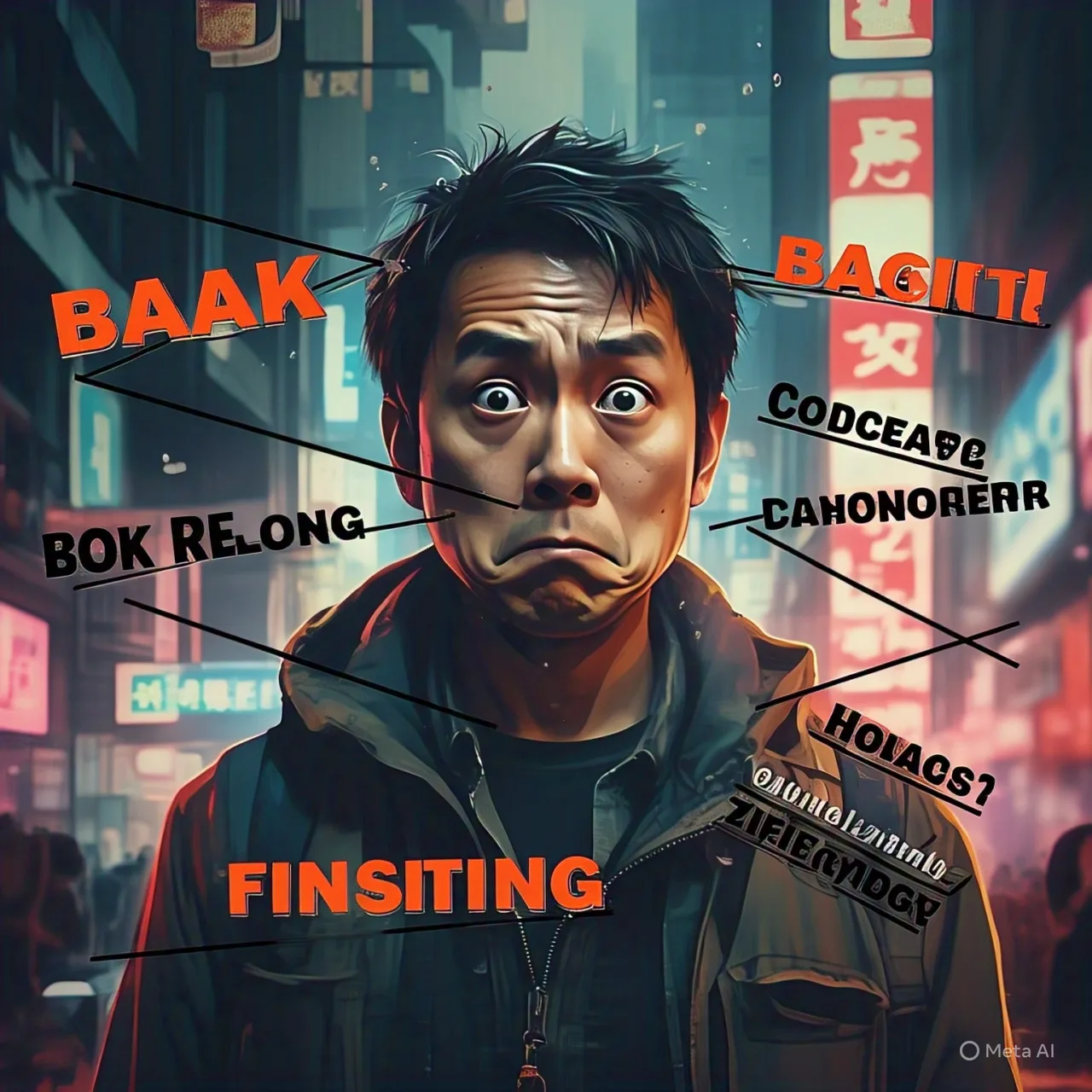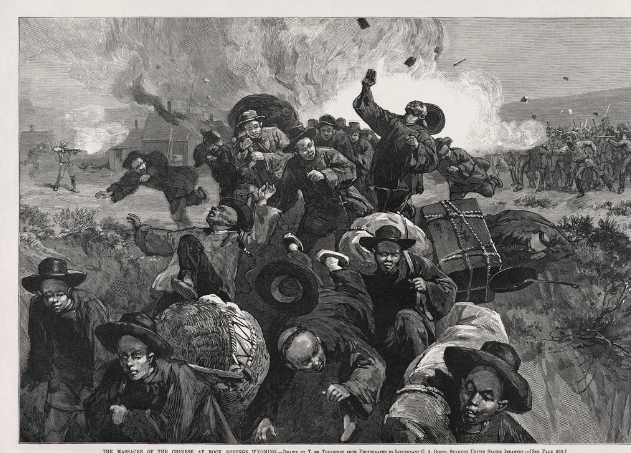While slavery existed in various regions across the globe, there were differences in the forms and practices of slavery in different areas. It’s important to note that the institution of slavery was diverse, and variations existed within regions and over time. Here’s a general comparison and contrast of different forms of slavery in select regions:
(Some words boldfaced for emphasis – admin)
African Societies
- Characteristics: Slavery in pre-colonial Africa was often based on debt, crime, or warfare. Enslaved individuals could occupy a range of positions in society, from laborers to administrators.
- Variability: Practices varied widely across the continent, with different regions having distinct social, economic, and cultural contexts for slavery.
Middle East
- Characteristics: Slavery existed in various Middle Eastern societies, with enslaved individuals often serving as domestic workers, agricultural laborers, or in other capacities.
- Ottoman Empire: The Ottoman Empire had a significant history of slavery, with individuals from diverse backgrounds being enslaved. Some slaves held influential positions in the empire.
Asia
- Characteristics: Slavery existed in different forms in Asia. In some cases, individuals became slaves due to debt or as a result of war.
- Indian Subcontinent: Slavery existed in various forms in parts of the Indian subcontinent, with individuals serving as agricultural laborers, domestic workers, or soldiers.
European Colonies in the Americas
- Characteristics: Slavery in the Americas, particularly in European colonies, was marked by the transatlantic slave trade. Enslaved individuals were forcibly transported from Africa to work on plantations producing commodities like sugar, tobacco, and cotton.
- Racialized Slavery: In the Americas, slavery became highly racialized, with Africans and their descendants subjected to lifelong servitude based on race.
Caribbean and Latin America
- Sugar Plantations: Slavery in Caribbean colonies, especially those with sugar plantations, involved brutal labor conditions. The demand for labor in these profitable plantations led to large-scale importation of enslaved Africans.
- Cultural Retention: Enslaved individuals in some Latin American regions were able to retain more aspects of their African cultural heritage due to less stringent control by European colonial powers.
English Colonies in North America
- Economic Role: Slavery in the Southern colonies, particularly in the production of crops like tobacco and later cotton, played a crucial role in the economic development of the region.
- Legal Structure: Slavery in the English colonies became entrenched in legal structures, with racialized laws defining the status of individuals based on their heritage.
It’s crucial to approach the study of slavery with sensitivity to the diversity of experiences and historical contexts. Slavery manifested differently in each region, reflecting the complex interactions of economic, social, and cultural factors. Additionally, the legacy of slavery continues to influence societies around the world today.






